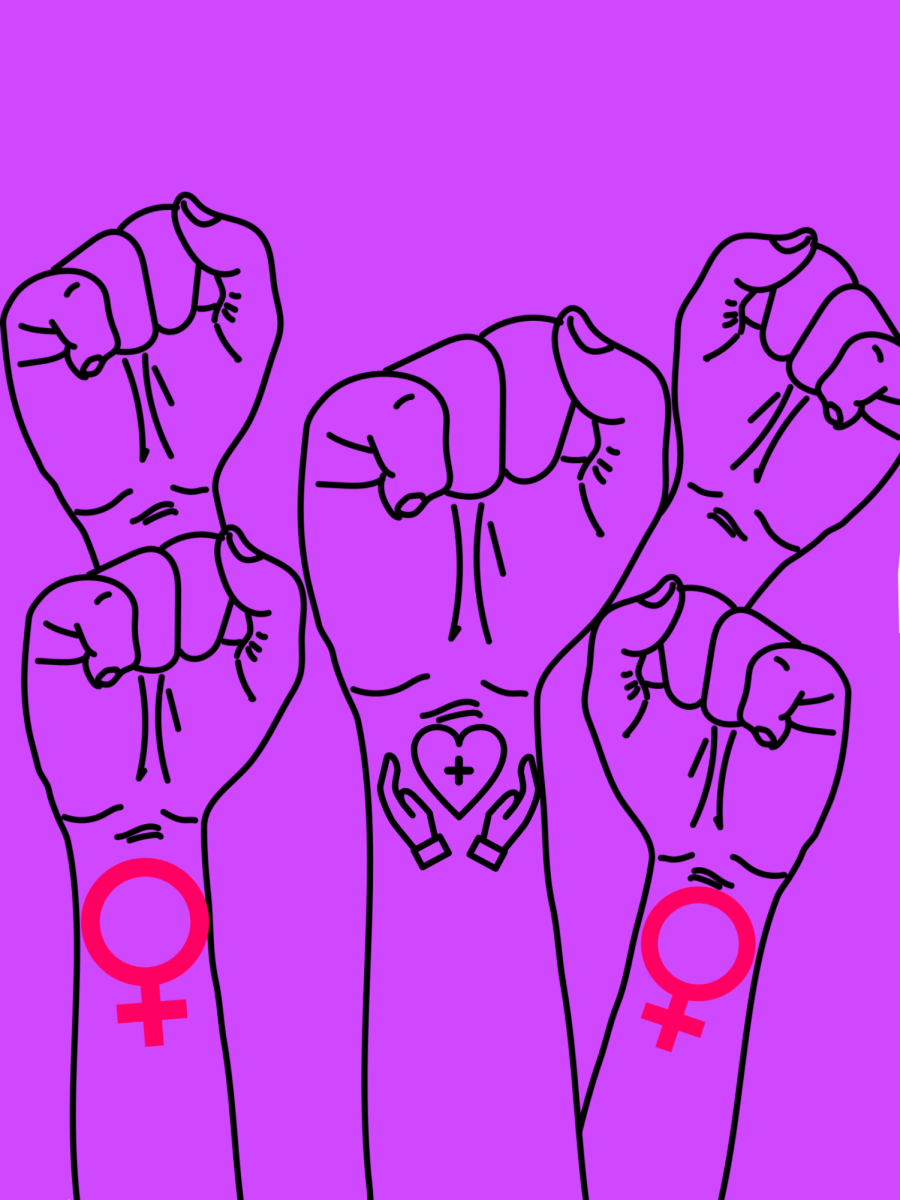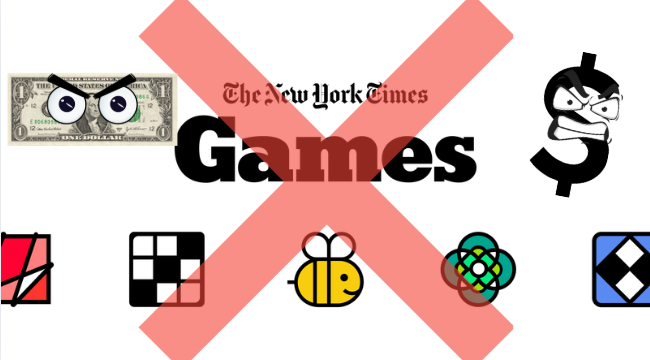In the United States, doctor visits are needed every day, whether for something as small as an ache in your pinky finger or as worrisome as an irregular heartbeat. The unfortunate reality for many women seeking medical treatment is that they are often misdiagnosed or treated unfairly because of their biological womanhood.
Once women experience their first menstrual cycle, many health problems are attributed to their cycle, when in reality, it often has nothing to do with it. Symptoms like abdominal pain, extreme mood swings, or severe cramping are often mistaken for period pains. Research indicates that 24% of women in the U.S. have had a gynecological condition, like endometriosis, PCOS, or ovarian cysts, misdiagnosed, which can be dangerous to their health.
In serious cases, these inaccurate assessments tossed aside as period pains can end up being breast cancer or heart disease, which combined kill roughly 350,000 women yearly. Studies show that women have a 50% higher chance than men of receiving the wrong initial diagnosis after a heart attack and are 25% more likely to be misdiagnosed after a stroke.
When healthcare providers make mistakes like these, it not only jeopardizes the patient’s health, but also lessens the value of their care in a broader scheme. In many cases, it is not necessarily an error in a physician’s knowledge of medical practice, but an issue in their inability to listen.
One reason for these discrepancies is how doctors respond to patients voicing their concerns. For context, women’s communication styles differ with regard to how they choose to explain a problem in comparison to men’s. While women find it most beneficial to explain their symptoms in the form of a story or scenario, men tend to list them. Frequently, healthcare providers do not listen to everything the patient has to say leading to misdiagnosis, rooted in their unwillingness to acknowledge and accommodate the difference between the way women and men function, showing the implicit bias present.
Another reason for misdiagnosis is medical providers’ recurring and dismissive actions and words towards women when a problem is brought to their attention. Countless times, women are told they are overreacting, reading too much into their symptoms, or don’t understand their own body’s cues.As well as this being detrimental to their health, it can also lead women to ignore their body’s signs when something is truly wrong, under the assumption that they are “overreacting”.
Misdiagnoses also affect women’s neurological and psychiatric health, especially with autism, depression, and ADHD. Providers repeatedly dismiss symptoms as “ordinary female behavior,” which can actually induce depressive reactions from the patients. In addition, medications for depression or ADHD may also be less effective because most medical research is based on male subjects, even though the medication is said to be “applicable” to all genders. The absence of diversity in medical testing results in differences in the way women react to the medicine, like how their body metabolizes it, ultimately proving ineffective many times and leaving women without the treatment they need.
However, not all fault rests with the actual medical providers. There is a larger problem present in the financing of medical research between those that affects men versus women. Data shows that diseases affecting men receive twice as much funding as those affecting women, demonstrating the gender health gap our country is afflicted with.
Through both a lack of research funding and medical providers’ failure to take symptoms seriously, it’s clear that misogyny has seeped into our medical world. More now than ever, women’s ability to make decisions about their bodies is being debated, questioned, and robbed. Women not receiving appropriate care is yet another glaringly obvious example of the patriarchy our country has portrayed for decades, if not, centuries.
Progress is being made through organizations like the American Medical Women’s Association and Women in Global Health, which help break down biases and reduce misdiagnoses.
As a woman writing this, I think it is not only important to support the organizations previously listed, but also to recognize the power in our voices and simply advocate for ourselves. As you communicate your worries, speak up if you don’t feel you’re being heard. Don’t stand idly if a professional fails to help in the way you know you need. At the end of the day, if we don’t speak, who will?
















Nancy Slagg, Ph.D. • Nov 22, 2024 at 11:40 pm
Well said, Lolah! An important subject with especially good advice for
women in the last paragraph!